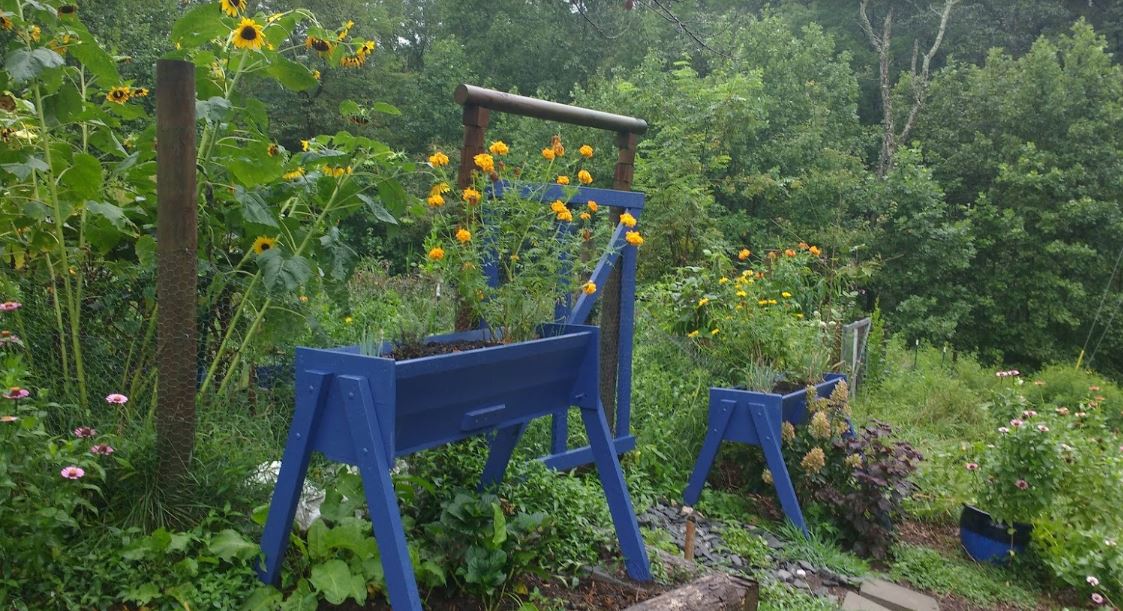I did something that others might consider crazy on purpose. I ignored my Simplestead potager garden for 4 weeks during our hottest, driest period.

We’ve had less than an inch of rain in the last 4 weeks and most of it fell today just before I came outside to document the condition of the garden after my near total neglect. Our temperatures were also over 85 F for 23 of those 28 days of neglect.

I didn’t water.

I didn’t weed.

I didn’t stake or trellis anything.

I didn’t pick off insects or coddle any fungal prone plants.

I just harvested the things that would rot if I didn’t pick them. That included tons of carrots, beets, peppers, cantaloupes, tomatoes, beans, and more. That harvesting took me a grand total of about 15 minutes over the last 4 weeks.

This is not my normal gardening practice. I love gardening and spending time in my garden. So, it was actually hard for me to stay away. But, this is a test/proof of concept garden that I created for the purpose of writing this blog.
I neglected my potager garden — on purpose — to show you how resilient a well-planned, continuously planted, compost-driven garden could be.

Gardening is not a just a way to produce food. It’s a relationship with your environment. So, I don’t recommend that you practice total neglect of your garden as a habit. However, there are times when you can’t garden as much as you want to. Stuff comes up and you simply can’t get outside to do your routine maintenance and enjoy time in your garden. In other words, life happens.

If you put the time into planning, developing your soil, and choosing the right plants for your garden, and keep your garden constantly planted, then your well-planned potager can keep on without you for a while.

Yes – it may look a bit like a jungle with sprawling tomatoes, out of control melon vines, and a few pests (deer in my case) may visit and eat your bean or sweet potato vine leaves while you are away.

Still your garden grows on. Plus, it can be easily worked back into condition with an hour or two of care.

Most importantly, that density of planting from that jungle like atmosphere protects the soil and all the biological life encouraged with compost and compost tea when you do have time to invest in your garden.

Now that this experiment is over, I’ll be harvesting mass quantities of vegetables today. Despite the sprawl, there are ripe, ready to eat tomatoes hiding in those vines.

Although the beet greens are a bit sun-scalded and crispy, the roots are are plump and ready to eat. I’ll be freezing about 30 pounds of cantaloupe for our smoothies. A few that didn’t ripen fully will go to the chickens. I’ll also harvesting every pepper and bean I can find to encourage the plants to get back to production.

After that, I’ll do a couple hours of maintenance such as getting some light to my garlic chives which were nearly swallowed by the tomatoes. Generally though, I’ll just spend some quality time with my garden again.
There will be lots more potager-related posts to come. However, since it is now time to start super-powering your garden with poop, I’m going to switch gears for the next few posts and talk about raising chickens the Simplestead way.


Leave a Reply